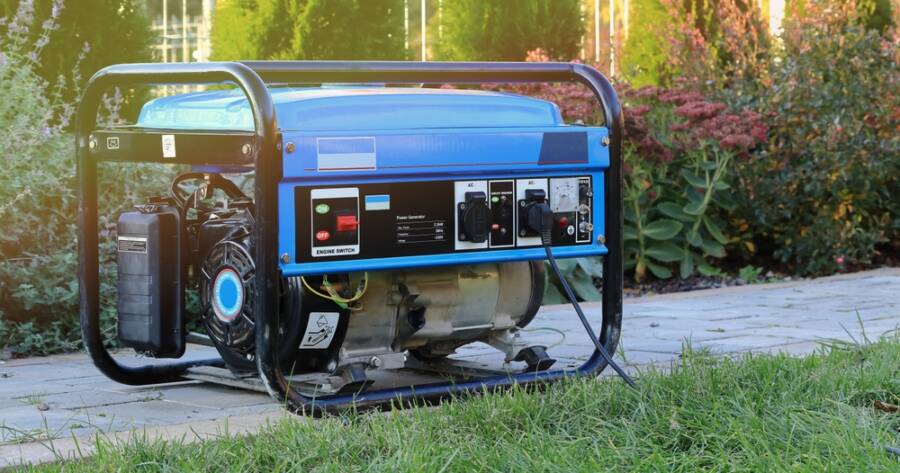Power outages disrupt daily life and impact home comfort and safety. Emergency generators provide essential backup power, keeping vital systems running when the main supply fails. They’re especially crucial in areas with frequent outages, ensuring continuity.
What Are Emergency Generators?
Emergency generators are backup power devices that kick in automatically when the main power goes out. They keep essential appliances and systems operational, ensuring that homes continue to function during power disruptions. This reliability is especially important during severe weather events or in areas with frequent utility issues.
When Are Emergency Generators Useful?
Emergency generators prove invaluable during severe weather conditions, such as hurricanes, snowstorms, and thunderstorms, which can lead to extended power outages. They also come in handy during unexpected utility failures or planned maintenance shutdowns, minimizing disruption and keeping your home powered regardless of the circumstances.
Types of Emergency Generators
There are two main types of emergency generators: portable and standby. Portable generators are flexible and can be moved as needed, making them useful for temporary power requirements. Standby generators are installed permanently and automatically activate during power outages, providing a seamless transition and continuous power without manual intervention.
Benefits of Emergency Generators
Having an emergency generator ensures that critical home systems, such as heating, cooling, and refrigeration, remain operational during power outages. This can prevent food spoilage and maintain a comfortable indoor environment. For those with medical equipment that relies on electricity, a generator can be essential for health and safety.
Choosing the Right Generator
Selecting the right generator involves considering your power needs, such as which appliances and systems you want to keep running during an outage. It’s important to weigh the pros and cons of portable versus standby generators, as well as your budget and installation requirements. Consulting with professionals can help you make an informed decision that best fits your needs.
Installation and Maintenance
Proper installation is key to ensuring that a generator operates safely and efficiently. Standby generators require professional installation, which includes connecting the generator to the home’s electrical system. Regular maintenance, such as periodic inspections and servicing, is necessary to keep the generator in good working condition and ensure reliability when it’s needed most.
Safety Tips for Using Generators
Safety is crucial when operating emergency generators. Portable generators should always be used outdoors, away from windows and doors, to prevent carbon monoxide poisoning. It’s also important to ensure adequate ventilation and adhere to the manufacturer’s guidelines to avoid overloading the generator, which can cause damage or safety hazards.
Environmental Considerations
Generators can have an environmental impact, particularly those that run on gasoline, which produces emissions. Standby generators often use cleaner fuels like propane or natural gas. Some newer models even incorporate solar power options, which reduce the environmental footprint. Choosing a generator with lower emissions can help mitigate these impacts.
Staying Prepared with an Emergency Generator
Emergency generators are an important tool for maintaining normalcy during power outages. They provide reliable power to keep homes safe, comfortable, and functional, regardless of the circumstances. Investing in a suitable generator can offer peace of mind and ensure that you are prepared for unexpected disruptions, protecting both your household and essential systems. Whether facing a storm or a scheduled power outage, a well-chosen generator can help safeguard your daily life and well-being.

